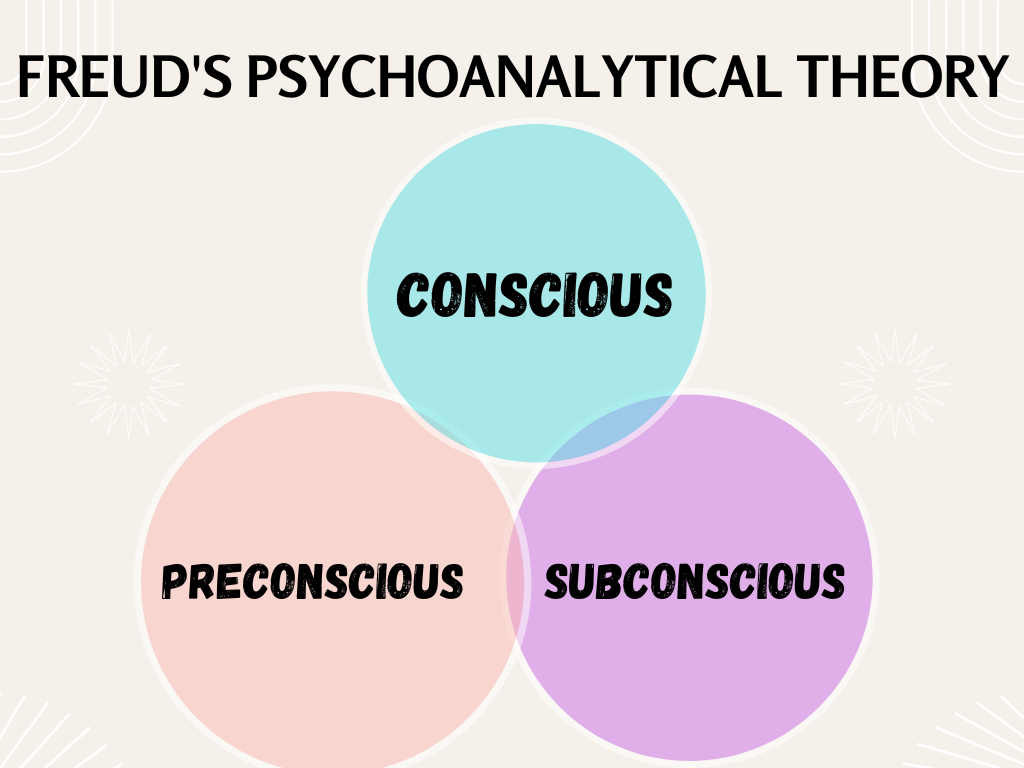Sigmund Freud was born on May 6, 1856, in Freiberg, Moravia, now part of the Czech Republic. He later moved to Vienna, where he spent most of his life. Freud initially pursued a career in medicine, specializing in neurology. He graduated from the University of Vienna in 1881 and began his medical practice shortly thereafter. Freud's interest in the human mind and its complexities led him to develop groundbreaking theories that would revolutionize psychology and psychiatry.
- Blogs
- Psychology
- Sigmund Freud Pioneer Of Psychoanalytic Theory 665eb778bdccdd0001d2fddf
Sigmund Freud: Pioneer of Psychoanalytic Theory
Psychology • 4 Jun, 2024 • 4,951 Views • ⭐ 1.0
Written by Shivani Chourasia

Key Influences in His Life and Major Accomplishments

Freud's work was influenced by several key figures and concepts. One significant influence was Jean-Martin Charcot, a neurologist who used hypnosis to treat hysteria. Freud's time studying with Charcot in Paris had a profound impact on his thinking. Additionally, his collaboration with Josef Breuer, particularly in the case of Anna O., was instrumental in the development of his theories on the unconscious mind and psychoanalysis.
Freud's major accomplishments include the development of psychoanalytic theory, the introduction of therapeutic techniques such as free association and dream analysis, and the publication of numerous influential works. His book "The Interpretation of Dreams," published in 1899, is considered one of his most important contributions, laying the groundwork for his theories on the unconscious mind.
PSYCHOLOGY QUIZ • 10 QUESTIONS • 2 MINS
We've got a Psychology quiz for you!
TAP TO PLAY

Psychoanalytic Theory

Sigmund Freud's psychoanalytic theory posits that human behaviour is largely influenced by unconscious processes. According to Freud, the mind is divided into three parts: the conscious, the preconscious, and the unconscious. The conscious mind contains thoughts and feelings that we are aware of, the preconscious holds information that can be easily brought to consciousness, and the unconscious mind harbours desires, memories, and experiences that are inaccessible to conscious thought but influence behaviour.